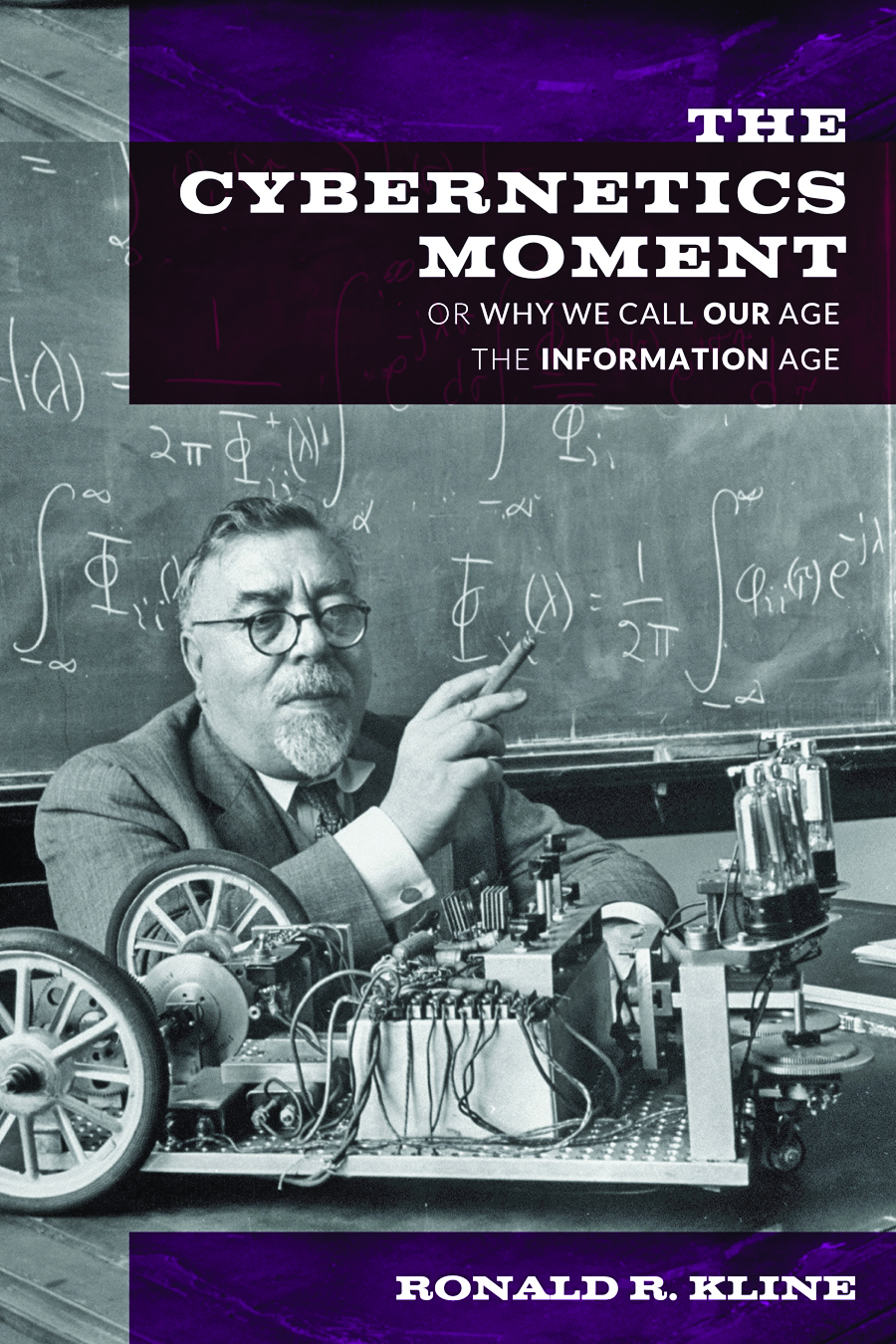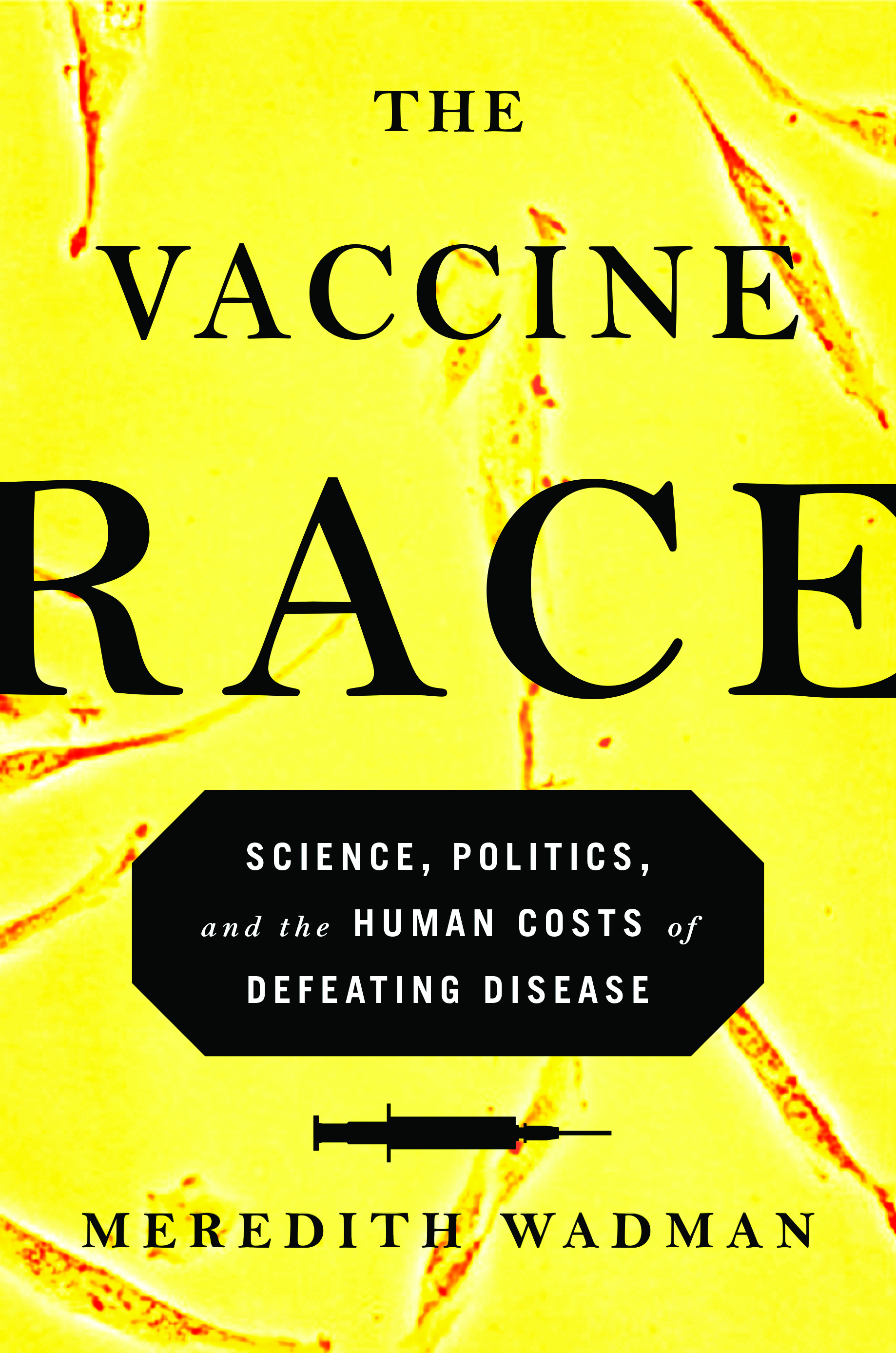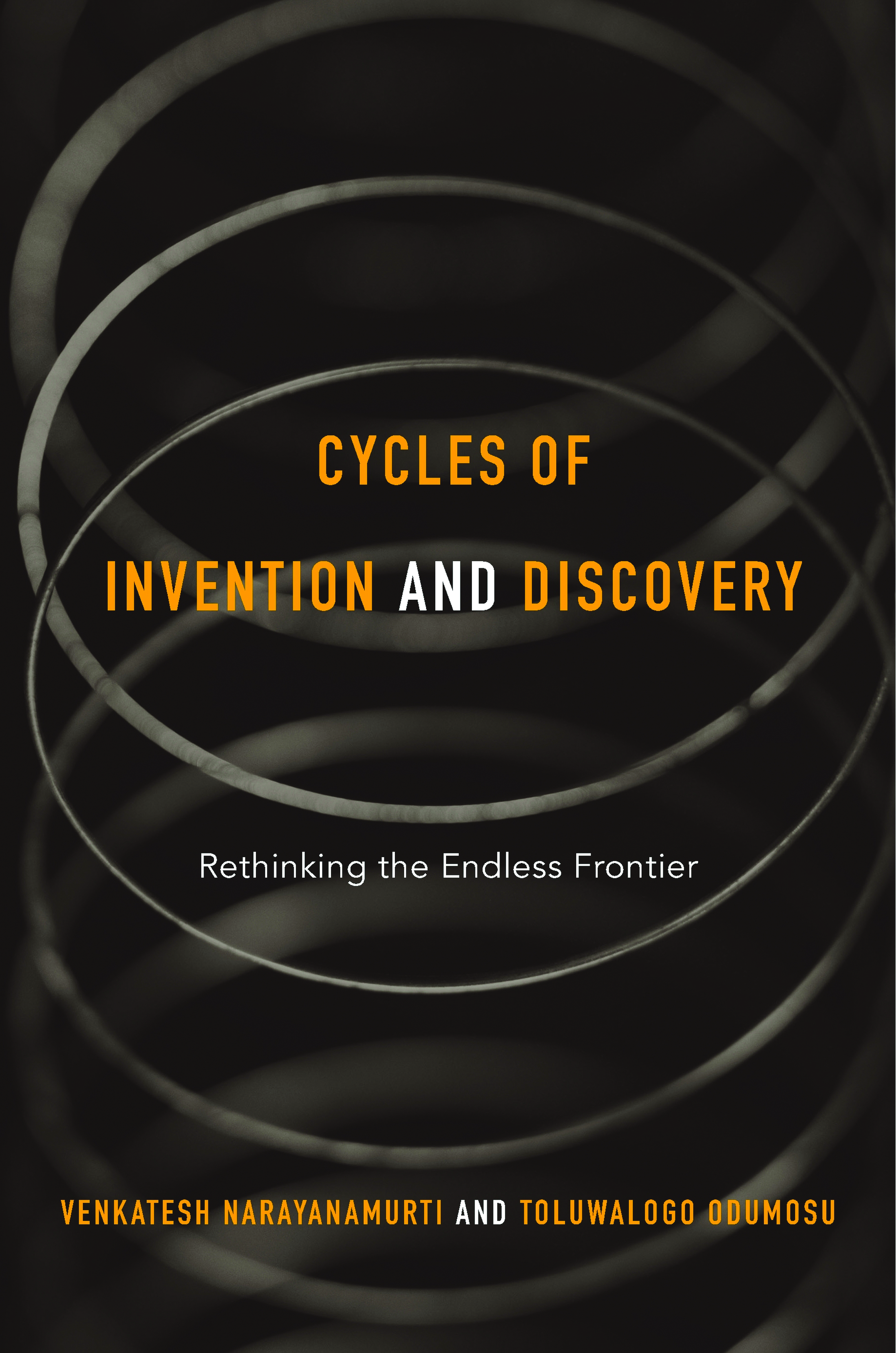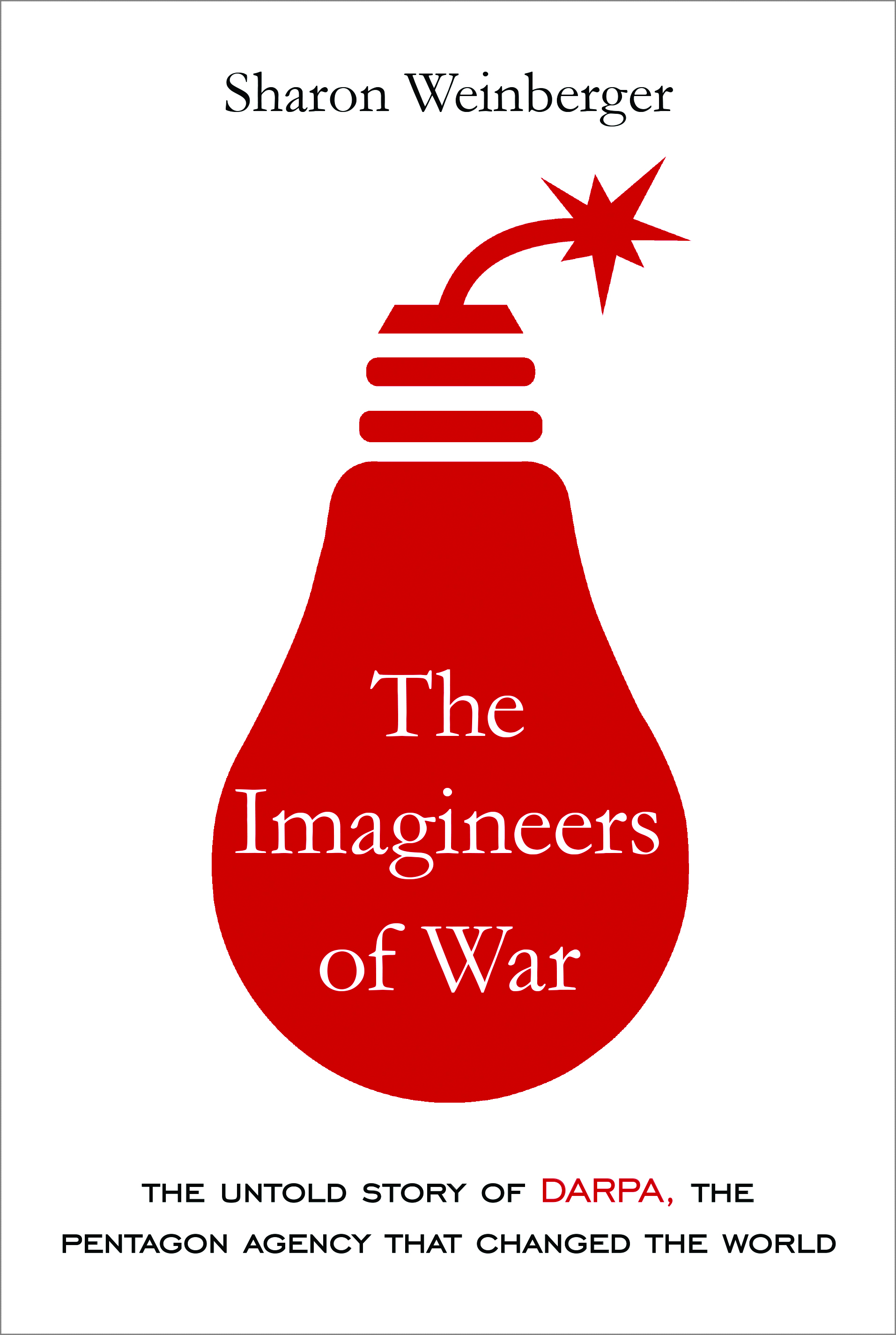Climate and Energy
The articles in the Summer 2017 Issues in Science and Technology aim to tackle the fundamental aspects of science and society that will shape the world’s future direction. Sheila Jasanoff provides an insightful historical review of the evolving role of scientific expertise in public affairs and makes a compelling case for a nuanced, transdisciplinary, and collective effort to arrive at some widely shared public truths that can provide a foundation for public policy debates. Richard Harris addresses pervasive evidence of a decline in biomedical research reliability. Keith Kloor worries about what happens to scientific disinterestedness in research areas such as climate change and endangered species where the public debate has become highly politicized.
Editor's Journal
No Time for Rubbernecking
Among the most annoying driving experiences is to endure a long traffic jam only to discover that the cause of the delay is not an accident on your side of the road,… Read More
From the Hill
From the Hill – Summer 2017
Trump Budget Proposal: Gloomy, but Just a Proposal The eyes of the research community are focused on the Trump administration’s proposed FY 2018 budget, which was released in May, and its fate… Read More
Perspectives
Publish and Perish
Two laboratories thought they’d found the perfect workaround to the ethically thorny issue of using stem cells from human embryos for research. In 1999 and 2000, they reported that they’d figured out… Read MorePhilosopher’s Corner: Genome Fidelity and the American Chestnut
A full-sized American chestnut was a sight to behold: a hundred feet in height, a trunk 10 feet in diameter, covered in white bracts of funky, acrid-smelling flowers. But on a walk… Read MoreShould Artificial Intelligence Be Regulated?
Read MoreSuggestions to limit some very specific applications of artificial intelligence seem to merit much closer examination and action.
It’s the Partnership, Stupid
Read MoreScholars and researchers have long realized that Vannevar Bush’s linear model was flawed and that research successes often emerged from academic scientists working with practitioners on real problems.
Back from the Brink: Truth and Trust in the Public Sphere
It is 2017. Do you know where the truth is? Hardly a day passes without some major accusation in the media that the nation’s highest office has become a source of unfounded… Read More
Features
Rethinking the Social Cost of Carbon Dioxide
Read MoreThe standard benefit-cost methodology that is used to calculate marginal costs of environmental regulations should not be used for long-lasting greenhouse gases.
The Age of Weaponized Narrative, or, Where Have You Gone, Walter Cronkite?
Read MoreAdvanced information technologies are adding a new dimension to regional and global conflict and asymmetric warfare. The United States is an especially vulnerable target.
The Energy Rebound Battle
Read MoreWhat at first might have seemed an obscure academic question about the proper production function to use to estimate energy savings from energy efficiency improvements turns out to have rather momentous implications for how difficult it will be to mitigate climate change.
Clean Energy Mind Games
The world needs clean energy. Clean, as in doesn’t emit greenhouse gasses, particularly carbon dioxide, that can drive climate change. And we need plenty of it within the next couple of decades,… Read MoreThe Science Police
In 2013, Canadian ecologist Mark Vellend submitted a paper to the journal Nature that made the first peer reviewer uneasy. “I can appreciate counter-intuitive findings that are contrary to common assumption,” the… Read More
Book Reviews

A Coming of (Information) Age Story
What was cybernetics? As Ronald Kline tells it in his new intellectual history, The Cybernetics Moment: Or Why We Call Our Age the Information Age, cybernetics suffered from being too many… Read More
Culture Research
Vaccinations, now a cornerstone of public health programs worldwide, are one of science and public health’s most impressive success stories. Ironically, it is precisely because immunization is so effective at preventing disease… Read More
The End of the Line
Innovation is almost universally desired but almost always misunderstood. Confusion abounds over such basic tasks as how to describe how innovation works and even what counts as innovation. If culture conditions innovation,… Read More
Histories of an Innovation Icon
Sharon Weinberger’s new book, The Imagineers of War, provides a history of the Defense Advanced Research Projects Agency (DARPA), a technology research and development (R&D) agency at the Department of Defense.… Read More
